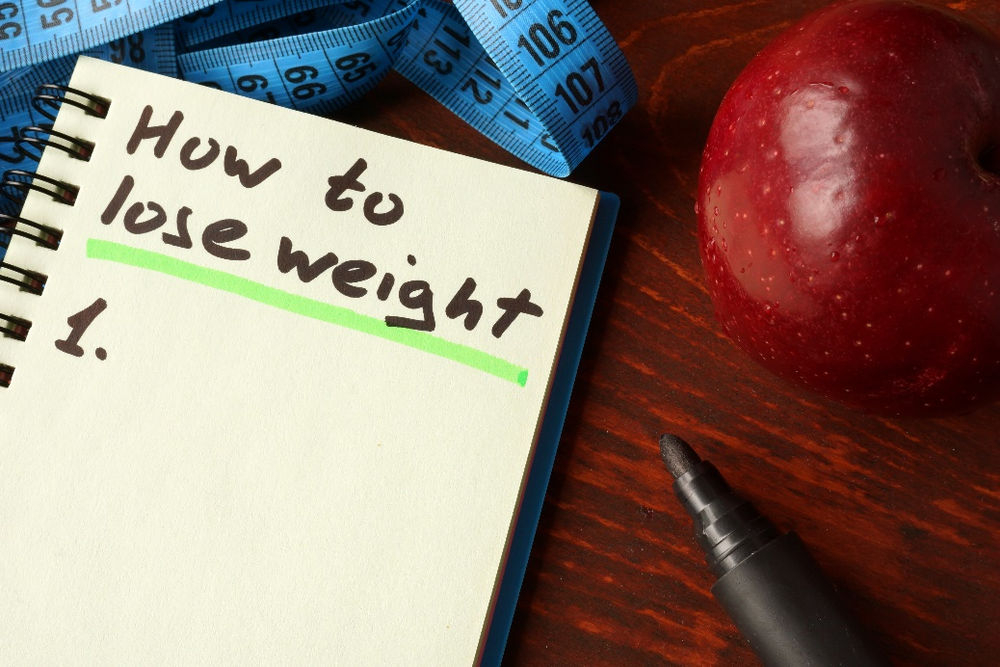The Lure of Trending Diets

Don’t blindly follow the trending diet regime that resonates the most. Instead, choose balanced diets reflecting the Canadian and USA dietary guidelines.
How many diets have you tried in your lifetime? You may have even experienced some short-term results, and been convinced that it was the right path. Avoid the tempting allure of quick-fix fad diets. These trendy diets don’t factor in sustainability, enjoyment, expense and cost to your health in the long run. It's time we put an end to yo-yo dieting – the never-ending cycle of gaining/losing/gaining weight, and adopt a healthy eating pattern for life.
Why Are Fad Diets Trending?
Often, we jump on the diet regime that resonates the most with us, that follows what we believe in, and validates our way of thinking. For example, if you believe carbohydrates are the root of your problem, you look for a diet that is carbohydrate restricting. If you don’t particularly like eating breakfast, intermittent fasting may resonate with you.
Fad diets are one of the most confusing nutrition issues for consumers. They are often the major cause of Yo-Yo dieting, and they may even be detrimental to your health. While fad diets may offer quick fixes, they may come at a hidden cost. Some fad diets can wreak havoc on your health, raising the risk of heart disease, kidney damage, and even eating disorders.
What Do Experts Say?
The Dietary Guidelines for Americans from the USDA, and Health Canada, recommends limiting food and beverages high in sugar, saturated fat and sodium. Consider a healthy eating pattern for life, versus a fad diet. It is important to focus on more whole food, plant-based nutrition, and less packaged and processed food.
Validated Facts About Diet Planning:
- Focus on eating whole, unprocessed foods.
- Include a variety of fruits, vegetables, and whole grains in your diet.
- Choose lean protein sources, such as fish, poultry, or beans.
- Limit unhealthy fats, processed foods, and added sugar.
- Make gradual changes to your diet and lifestyle.
- Be patient and focus on long-term health, not just weight loss.
Your food choices may not necessarily be the best for you medically, or nutritionally. Remember that everyone’s needs may vary and it’s important to consult a health professional for personal advice tailored to your specific circumstances.
Popular Trends and Their Hidden Dangers
Fad diets are notorious for being shrouded in misinformation. To avoid falling victim to the hype, we’ve debunked some trending myths around these popular diet patterns.
#1 Keto
While protein can be used as energy, it is not the body’s preferred source. When you restrict carbs too much, the amount of consumed carbohydrates and fats will be insufficient. Your body will convert energy at the expense of tissue maintenance, growth, repair and immune function.
Advice: A healthy eating pattern includes between 20% – 35% of your total daily calories from fat.
Beware of saturated fat and trans fats.
#2 Intermittent Fasting
Intermittent fasting is an eating pattern that alternates between periods of fasting and eating.
The most common intermittent fasting is the 16:8 method (16 hours of fasting, 8 hours of eating) and the 5:2 method (eating normally for five days of the week, plus two non-consecutive days of severe calorie restriction, usually only 500-600 calories).
It is impossible to meet your body’s nutritional needs with 500 calories, or even a 1000 calories per day. Truthfully, intermittent fasting will zap your energy. Diets that promote semi-starvation can affect you physically and mentally (decreased concentration), causing irritability, cravings, and lack of energy. Also, going long periods between meals will make it harder to control your appetite and food choices.
Warning: Intermittent fasting is not suitable for everyone, such as individuals with certain medical conditions (i.e., Diabetes), pregnant or breastfeeding women, and those with a history of disordered eating.
Advice: You should eat every 4-5 hours to sustain your energy levels and prevent food cravings.
#3 Detox Diets
Is a restrictive diet, where you replace almost all fruits, veggies, whole grains, and processed foods with liquid replacements like juices, smoothies, shakes, or even colon cleansers.
Some take it a step further with short periods of complete fasting, all in the name of "resetting" the body.
Warning: Detox Diets are considered pseudoscientific because there is no scientific evidence of any benefit. Juicing, shakes, smoothies and meal replacements should not replace real food at breakfast, lunch or supper. One may also experience serious side effects, ranging from fatigue, headaches, irritability, digestive problems, or even muscle loss.
Advice: It is important to nourish your body with fruits, vegetables, whole grains, lean protein, and healthy fats for essential nutrients. Practice mindful eating & stay hydrated with regular exercise.
What Should You Do To Lose Weight?
Instead of fad trends, explore the proven approaches of the Mediterranean or Mind Diet ↗. These promote balanced, plant-based eating patterns, reflecting the recommendations of health experts in Canada and the USA. Nourish our body and mind with real, wholesome food. Break free from fad diets, and embrace a sustainable, balanced way of eating that fuels our lives for the long term.
Are you struggling with holiday weight gain? You are not alone. Seek support ↗ to develop a personalized nutrition plan and strategies to kick start your New Year’s resolution.
When you develop a healthy eating pattern, you will likely experience life-long physical and emotional health benefits.


